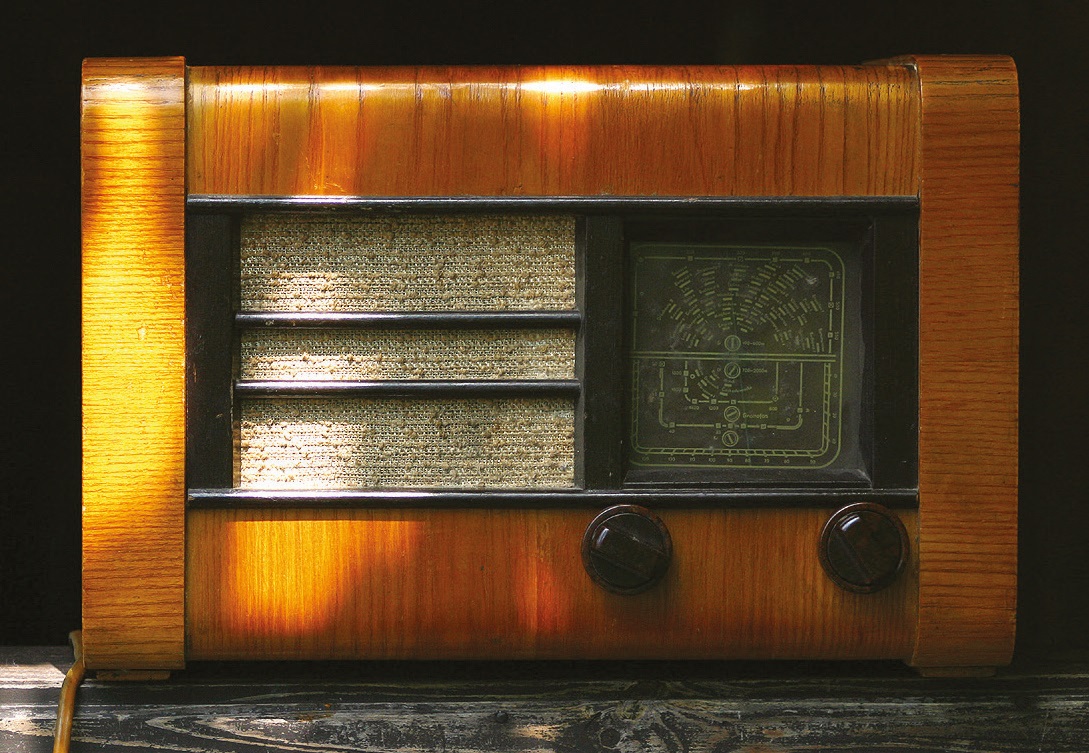A Short History of Radio
The radio was the first device to allow mass communication. The meaning and usage of the word ‘radio’ has developed in parallel with developments within the field of communications.
Many people were involved in the invention of the radio as we know it today. In 1864, James Clerk Maxwell showed that light was a type of electromagnetic wave moving through free space. From 1886 to 1888, Heinrich Rudolf Hertz conducted a series of experiments that proved the existence of Maxwell's electromagnetic waves. Hertz used a frequency which would later be called the radio spectrum. Many inventors, engineers, developers and businessmen built systems based on their understanding of these and other phenomenon. Therefore, "wireless telegraphy" and radio wave-based systems can be attributed to multiple "inventors".
In 1893, Nikola Tesla demonstrated the use of wireless radio communication. His work became the foundation for later scientists who worked to perfect the modern radio.
Guglielmo Marconi, who was an Italian inventor and electrical engineer, is the man most associated with the invention of the radio. He was the first person to make radio commercially successful. Marconi accomplished this by improving and building on the work of previous experimenters and physicists. He shared the 1909 Nobel Prize in Physics with Karl Ferdinand Braun “in recognition of their contributions to the development of wireless telegraphy”. In 1986, he was awarded the official patent for the radio by the British Government.

